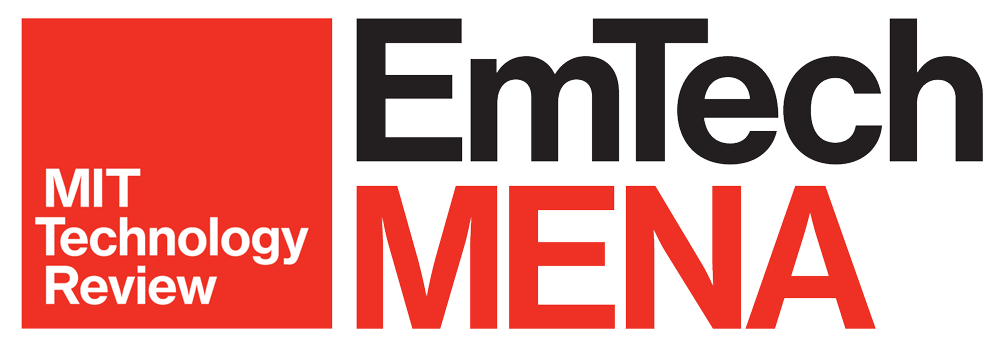AI and the Future of Work»
The impact of AI and automation technology on jobs, skills, and wages is far-reaching and increasingly disruptive. Robotics, natural language processing, neural networks, and deep learning are among the forces to be reckoned with; changing industries, commerce and consumers in unexpected ways. While emerging technologies might displace some jobs, they also promise to create new lines of work and opportunities, many not yet imagined. We will examine AI-related technologies, use-case scenarios and see how thought leaders, researchers, and application experts address the potential of AI to polarize or propel society forward.
Computer Created Reality»
The boundaries between the physical and digital space are disappearing at pace.
Immersive technologies such as AR & VR, along with mass deployment of 5G, are increasingly enabling a digitally enhanced version of our physical environment, promising to transform every facet of our lives. Through a mix of data science, AI, and the arts, the new immersive environments offer the opportunity to practice, learn and train in a safe, virtual environment.
The Future of Digital Health»
The future of digitalized healthcare can mean many things. But the unifying theme is likely to be about improving health through the transformational use of data and technology.
From genomics to targeted therapeutic intervention for disease management, advances in healthcare are increasingly dependent on leveraging patient data and smart analysis.
These technology developments open up a future of tailor-made treatment, early detection, prevention and more.
We will examine the concept of ‘engineering better health’ as the augmentation of physical and mental capabilities, and review emerging research-to-market technology applications toward extending longevity and the promise of personalized medicine.
Future Cities»
Empowered by data and advanced algorithms, the cities of the future can make informed decisions and facilitate feedback between humans and the built environment in ways that have previously not been possible. And as the urban population is set to increase by 63% over the next 30 years, smart cities and sustainable cities are increasingly becoming the answer to the challenges and opportunities created by rapid urbanization and technological progress. In this track, we will explore the limitations and possibilities of emerging technologies, AI and data on the city and the built environment.
The Future of Energy & Sustainability»
The rising evidence of climate change has failed to launch the response necessary to mitigate the risks. The challenge remains unsolved, and the reality is simple – we have yet to the development of a sustainable source of energy to power a growing global population. And as the effects of climate change are becoming increasingly visible on a global level, now is the time to act and rethink our an optimal approach to a sustainable future. We will examine the role of science, technology and engineering in identifying and developing the emerging technologies that has the potential to solve the most urgent challenges; which technological innovations are showing the most promise, and how is technology leading us to new climate change solutions?
